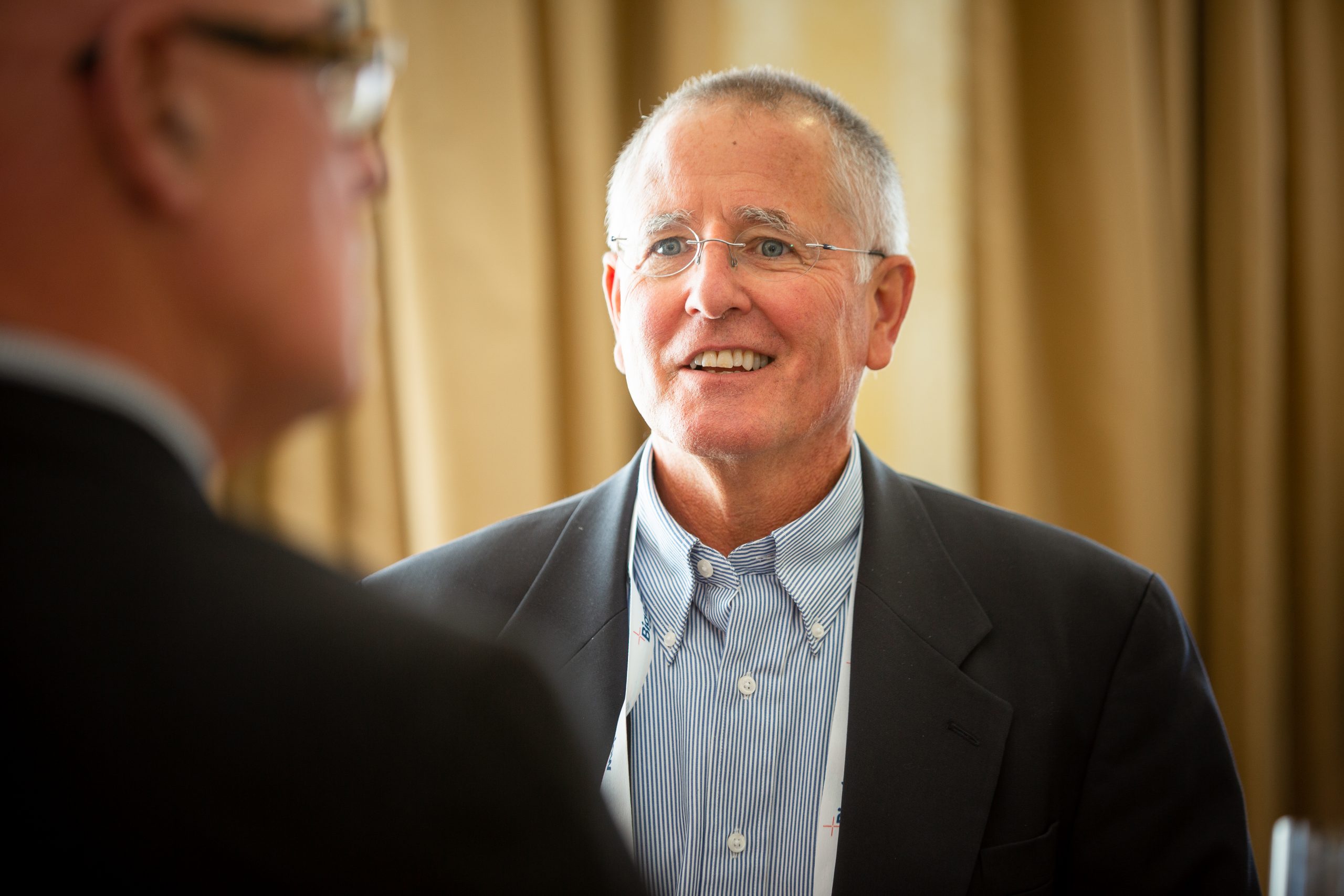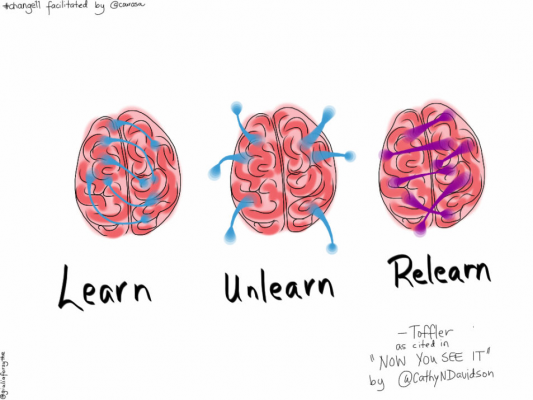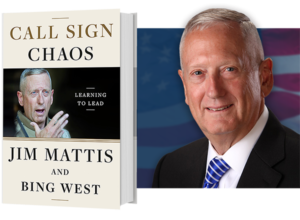6 minute read
Boca Grande, FL
They may go by labels like overly sensitive, thin-skinned, defensive, take themselves too seriously, poor self-image. “Brittle” employees often possess an inner narrative which makes for deep disappointment when they are not better understood. But their obvious problems in communication need to be literally confronted if as promising team members, they are to unlock their capabilities, and accordingly, their contributions to organizational objectives.
While certain degrees of vulnerability are common to everyone, brittle personalities expose a level of self-concern which impedes professional growth. Self-concern, as distinct from self- interest, grows more out of fear than pride. Carol Dweck showed us here how students who take an examination with fear of failure deliver a lesser quality of response than those who act out of excitement for another chance to excel. The former need to look good before they can think well; the latter can look immediately into the opportunities presented without constraining preoccupation.
While passion for one’s work is the real source of energy behind outstanding performance, it is creating positive change in lives which elevates leaders above their given roles as managers or executives. Objectives are seen as completely mutual in this quality of business relationship and communications are naturally superior.
On the other hand, “Brittle” employees approach communication to be applied to situations, rather than allowing them to emerge out of genuine conviction about the organization’s goals. Resulting messages often come across as forced, if not “politically” tainted. "Brittle" employees tend to look upon their business tasks as objectives in a “process,” assured that vigorous effort will “win points” across the board. But mere technical proficiency does not produce effective communication. Only a thorough understanding of an organization’s purpose can generate the level of commitment necessary to achieve consistently superior dialogue.
Purpose, the “why” inspires the objectives. The philosophy behind the strategy…the reason behind the action… the thinking behind the mission…the person behind the decision. The path from “brittleness,” to self-assurance, to high performance, is more a function of the human equation while technical skills are more a given.
What I am Reading / Listening to
Call Sign Chaos: Learning to Lead (2019)
By Jim Mattis and Bing West
Contributed by Ryan D. Lavin
I’ve been waiting to read this book for more than twelve years since I first learned about General James N. Mattis and his legend. After years of waiting, I finally got my chance to pick up General Mattis’ new memoir and read his lessons on leadership and life in his own words.
Some call him “Mad Dog” while others call him “Chaos.” To me, he's the “Warrior Monk” himself. Since he retired from his 44 years of service in the United States Marine Corps, some now call him “Jim.” As a former Marine, I will never be one of those that calls him “Jim” – it just doesn’t feel right (I will always call him “General”). He is a legendary warrior and leader and is without question the most respected Marine since “Chesty” Puller. He is, however, not without controversy and it’s no secret that some of his comments made to the press kept him from becoming Commandant of the Marine Corps (the highest ranking officer in the USMC). Serving as the 26th U.S. Secretary of Defense brought him into the world of politics – a world he refused to provide any public comment on throughout his entire military service. He is a polarizing figure and his legend is larger than life. He is this generation’s Patton.
General Mattis is widely considered to be one of the most formidable strategic thinkers of our time and a subject matter expert on all things leadership. Mattis divides Learning to Lead into three very distinct sections: Direct Leadership, Executive Leadership, and Strategic Leadership. He shares lessons and real experiences from his life and service that shape his views and beliefs on each. He advocates the “servant leadership” approach and is famous for being a brilliant coach while giving his subordinates enough freedom to think for themselves and make their own decisions. In his own words, “I didn’t expect to be obeyed, but I expected to be heard.” He demanded his officers be well-read and learned to think for themselves. Responding with “that’s how we always do it” to General Mattis was a quick way to catch a one-way ticket out of his unit. He also gave them room to fail. Consider the following from General Mattis on the value of failing and his own career:
“The Marines are bluntly critical of falling short, satisfied only with 100% effort and commitment. Yet over the course of my career, every time I made a mistake–and I made many–the Marines promoted me. They recognized that these mistakes were part of my tuition and a necessary bridge to learning how to do things right. Year in and year out, the Marines had trained me in skills they knew I needed, while educating me to deal with the unexpected.”
I will carry lessons and quotes from General Mattis for the rest of my life (if you couldn’t tell, I’m somewhat of a fan). The next time you see me just ask and I’ll happily rattle off a dozen. While I find value in each, the one I reflect on the most is the following line from a letter he wrote on the eve of the 2003 invasion of Iraq, addressed to the entire 1st Marine Division: “Engage your brain before you engage your weapon.” When put into proper context, those eight words come together to form an incredibly powerful statement. On the evening before what would become 3,195 days of continuous combat operations and the second war to define a generation of America’s warfighters, General Mattis makes it a point (maybe the point of his career) to remind his Marines to think first, then act. The most advanced weapons and battlefield tactics in the world mean nothing when paired with poor judgement. In the most dire of circumstances where the stakes are the highest, slow down and think first – never get caught making a move in chess that’s better suited for checkers.
Entrepreneur Owner-Manager Quote
“ Legacy and family business can sometimes become entangled. Really, it's the capital that comes from a successful family business that enables the legacy."
- David Gould, Former President of Wood Structures, Inc.

Energy Creation
"Look again at that dot. That's here. That's home. That's us. On it everyone you love, everyone you know, everyone you ever heard of, every human being who ever was, lived out their lives. The aggregate of our joy and suffering, thousands of confident religions, ideologies, and economic doctrines, every hunter and forager, every hero and coward, every creator and destroyer of civilization, every king and peasant, every young couple in love, every mother and father, hopeful child, inventor and explorer, every teacher of morals, every corrupt politician, every "superstar," every "supreme leader," every saint and sinner in the history of our species lived there–on a mote of dust suspended in a sunbeam.
The Earth is a very small stage in a vast cosmic arena. Think of the rivers of blood spilled by all those generals and emperors so that, in glory and triumph, they could become the momentary masters of a fraction of a dot. Think of the endless cruelties visited by the inhabitants of one corner of this pixel on the scarcely distinguishable inhabitants of some other corner, how frequent their misunderstandings, how eager they are to kill one another, how fervent their hatreds.
Our posturings, our imagined self-importance, the delusion that we have some privileged position in the Universe, are challenged by this point of pale light. Our planet is a lonely speck in the great enveloping cosmic dark. In our obscurity, in all this vastness, there is no hint that help will come from elsewhere to save us from ourselves.
The Earth is the only world known so far to harbor life. There is nowhere else, at least in the near future, to which our species could migrate. Visit, yes. Settle, not yet. Like it or not, for the moment the Earth is where we make our stand.
It has been said that astronomy is a humbling and character-building experience. There is perhaps no better demonstration of the folly of human conceits than this distant image of our tiny world. To me, it underscores our responsibility to deal more kindly with one another, and to preserve and cherish the pale blue dot, the only home we've ever known."
-- Carl Sagan, Pale Blue Dot, 1994
Copyright © 1994 by Carl Sagan, Copyright © 2006 by Democritus Properties, LLC.
All rights reserved including the rights of reproduction in whole or in part in any form.

© 2024 Bigelow LLC. All rights reserved.


